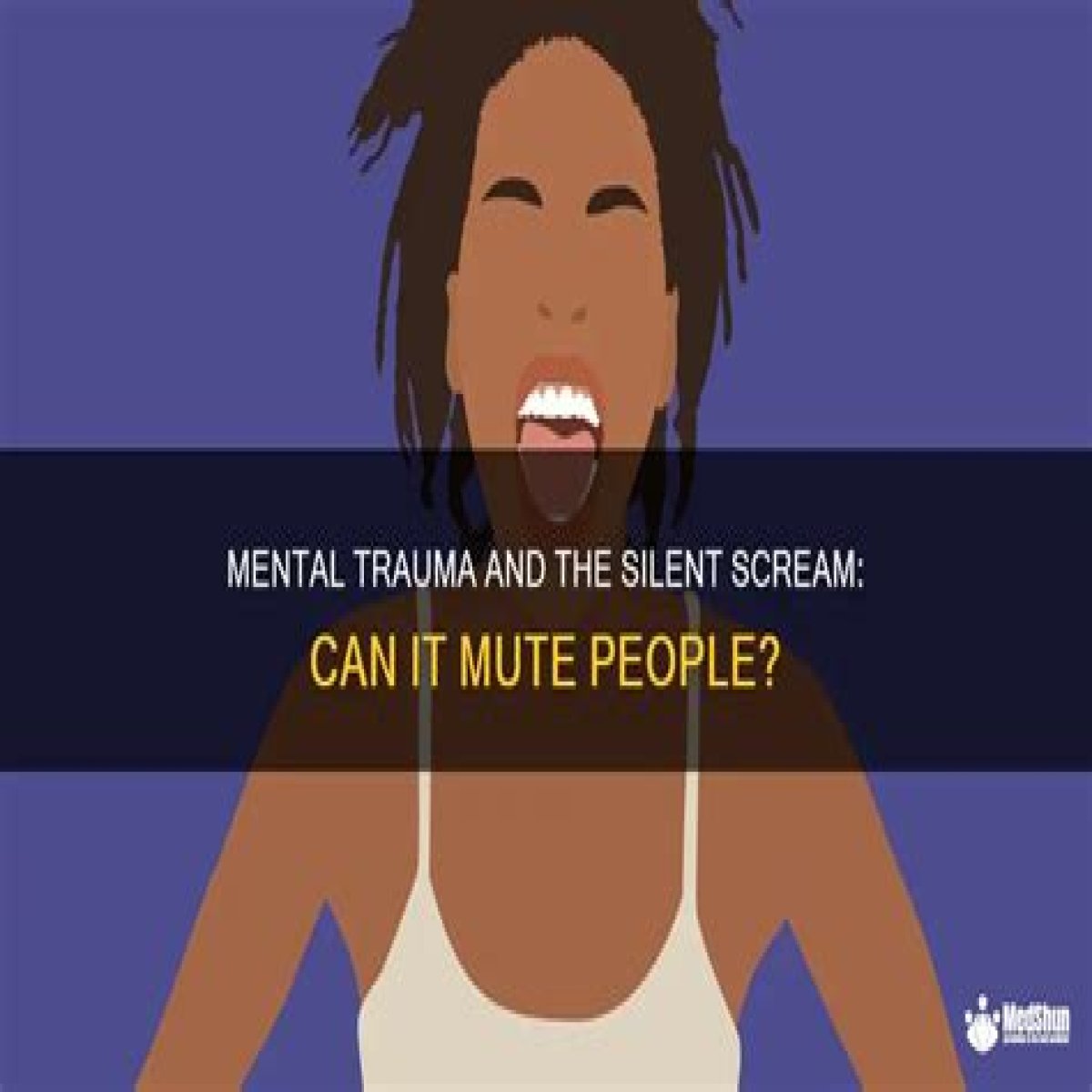Often, we associate sounds with our experiences, especially when it comes to expressing pain. The absence of sound can evoke a myriad of emotions and questions, particularly regarding those who are mute or non-verbal. It leads one to wonder: can mute people scream in pain? The complexity of human expression intertwines with our understanding of physical and emotional suffering, prompting a deeper exploration into how those unable to vocalize their distress may still convey their experiences.
In a world that often prioritizes verbal communication, the silent struggles of mute individuals can be overlooked. They may not produce a sound that signifies their anguish, but that does not mean they do not feel it. This raises important questions about the nature of pain, expression, and the ways in which we communicate our suffering without words. Can a person who cannot vocalize still express their pain through other means? In this article, we will delve into the various aspects of this topic to uncover the realities faced by mute individuals in moments of distress.
To fully understand the experiences of mute individuals, we must consider the range of communication methods available to them. While they may not scream in the traditional sense, many rely on non-verbal cues, expressions, and gestures to convey their feelings. Understanding these forms of expression is crucial for both empathy and support. So, can mute people scream in pain? Let's explore this question further through the following sections.
What is Muteness and How Does it Affect Communication?
Muteness can stem from various factors, including medical conditions, psychological issues, or developmental disorders. It is important to differentiate between being mute and being non-verbal, as the latter may involve individuals who can communicate through alternative means, such as sign language or writing. Muteness affects how individuals convey their experiences, including pain.
Can Mute People Express Pain in Other Ways?
Absolutely, mute individuals can express pain through various non-verbal methods. These methods include:
- Body language
- Facial expressions
- Gestures
- Sign language
- Written communication
Each of these methods allows for a rich expression of emotions, including pain, even in silence.
Are There Instances of Mute People Showing Pain?
Yes, there are numerous instances where mute individuals have shown visible signs of pain without vocalizing it. For example, someone experiencing a physical injury might grimace, wince, or withdraw from a situation. These actions are critical for caregivers and observers to recognize the individual's distress.
Can Mute People Scream in Pain? The Psychological Perspective
From a psychological standpoint, the inability to vocalize pain can lead to feelings of isolation and frustration. This can further complicate the individual's emotional state, as they may feel misunderstood or unheard. The question remains: can mute people scream in pain in a metaphorical sense? Their emotional outcry may echo in their eyes, body language, and demeanor, even if it is not articulated verbally.
What Are the Implications for Caregivers?
Understanding how to recognize pain in mute individuals is essential for caregivers and loved ones. Some implications include:
- Being attentive to non-verbal cues
- Creating an environment that encourages expression
- Utilizing alternative communication methods
- Being patient and empathetic
How Can Professionals Support Mute Individuals in Pain?
Healthcare professionals play a pivotal role in supporting mute individuals. This can involve:
- Training in recognizing non-verbal signs of distress
- Implementing communication tools like picture boards or apps
- Encouraging family involvement in care
- Providing resources for alternative communication methods
Personal Stories: Voices of the Mute
Real-life accounts from mute individuals shed light on the intricacies of their experiences with pain. Many share stories of relying on their families and friends to interpret their non-verbal cues. These narratives emphasize the importance of understanding and empathy in communicating distress without words.
Can Mute People Scream in Pain? A Conclusive Understanding
While mute individuals may not scream in the traditional sense, their ability to express pain is far from nonexistent. Through non-verbal communication, they articulate their suffering in rich and meaningful ways. It is vital for society to recognize and validate these expressions, ensuring that the emotional and physical pain of mute individuals is acknowledged and addressed.
Final Thoughts: The Silence of Pain
In conclusion, the question "can mute people scream in pain?" opens up a broader conversation about communication, empathy, and understanding. Mute individuals may not vocalize their suffering, but they certainly experience it profoundly. As a society, it is our responsibility to listen to their silence, interpret their expressions, and ensure that they receive the support they need in their moments of distress.
Exploring The Adventures Of The Shipwrecked CrewExploring Lincoln Riley's Personal Life: Does He Have A Wife?Unveiling The Life Of Van Jones' Wife: A Journey Of Love And Influence
Screaming people sound effect [credits to migs] YouTube
Deaf, not mute UNF Spinnaker
Now you can tell your name to a mute person.SignLanguage Told you so
